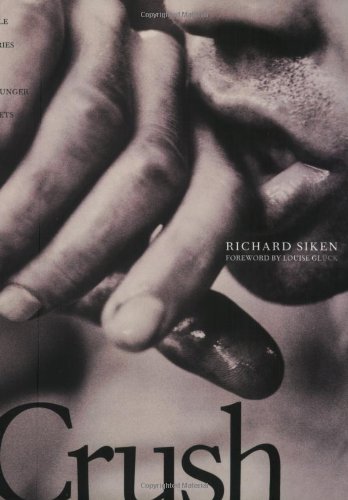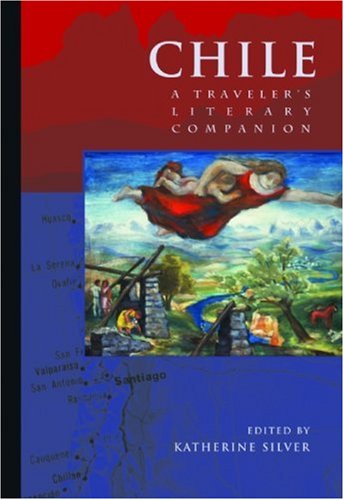I am not reading as much as I wanted to. I am not writing as much as I wanted to. What am I doing as much as I wanted to? Well, loving, running, cooking good food. I’m doing the best I can while I can.
That said, I did finish two books this week. I recommend them both for totally different reasons. More on that below.
I’m also teaching a workshop on flash nonfiction at ApiaryLit in July. I will be focusing on readings, discussions, and prompts that center around lyric, hybrid, and experimental forms of the essay, from numbered lists to webcomics to playable essays to borrowed forms. We will be using an independent press book as an optional text (and the press has offered a discount for students), and I am collecting guest-author prompts from several of the writers whose work we will be reading. These are some of my favorite kinds of essays, and also my favorite kind of generative work, so the class should be a lot of fun. If it sounds like your jam, or if you know someone who might enjoy this course, please send them to the course page for more info and to sign up: Flash Essays on the Edge: lyric, hybrid and experimental forms, July 2015
In other great news, my chapbook, Ologies, has been featured all week on Sundress Publications’ blog feature “Best Dressed.” You can read selections from the chapbook in the following posts:
- Excerpt 1: from “Phrenology”
- Excerpt 2: from “Phrenology”
- Excerpt 3: from “Genealogy”
- Excerpt 4: from “Pyrology”
There will be one more post & excerpt tomorrow. If you liked what you read, you can buy the book at Etchings Press or for a little bit longer, from me. Details on the second option can be found here on the “News and About” page.
BOOK REVIEWS
Richard Siken’s Crush was recommended to me by Javier Zamora. Javier is an amazing poet and smart as hell, and I tried to buy every book of poetry that he recommended to me. I haven’t been sorry yet. Crush came out in 2005, and I am amazed it wasn’t just last week. The frantic, desperate narrator of these poems is an intoxicating persona. Reading these poems, one is crushed by infatuation, crushed by disillusionment, crushed by love that is both unattainable and imperfect. These poems are breakneck and also stuck in stasis: like a bloodthirsty mosquito frozen in amber, but still impossibly able to bite. You will fall into a page or several pages and minutes, hours later, look up and the world you know will be slow (and steady) by comparison. But something unhinged will linger; these lines linger like mosquito bites, itching away at repetitive days and reliable small talk with dreams of manic, frustrated, breathless passion and conviction.
From Crush: “Litany in Which Certain Things are Crossed Out.”
VERDICT: How do you not already have this book?
This collection of short stories and essay-like prose pieces served as part of my preparation for September’s trip to Chile. I am going to Chile with a man I love and we will admire big heads, drink wine and eat ceviche and octopus, and travel to nearly the tip of the planet together. It is an adventure that shimmers in the middle distance like a star I’m moving toward. I’ve never traveled with a partner in crime. I’m trying not to have unrealistic expectations for how great it will be, but I have the sneaking suspicion that between the curiosity, wonder, and openness to new experiences that we both share and the curious wonder of Chile, it will be SO AMAZING. (Plus, I will get a chance to talk about Condors in Santiago.)
But enough about me. I wanted to get to know Chile. We have two guidebooks that have been helpful, but I wanted to get to know more about Chile. Enter this collection. It probably isn’t the best representative of the breadth of Chile’s literary landscape, and the editors even lament that certain key writers couldn’t be included because their works didn’t fit the strict requirements they’d designed for the collection, but it’s more than Neruda’s love poems, which is where I was before. The collection seeks to “[evoke] the diversity of the country’s landscape and the complexity of its recent history.” The selected pieces speak to geography and politics, though both (often) with beautifully oblique references. I was especially drawn in because much of the writing in the book hadn’t been published in English before.
The ear of the curator is strong throughout the collection. This is good and bad, because it hints at a gigantic iceberg’s worth of other works out there. But I am glad for (even) this rigid selection of works. I want to make the most of this trip in a number of ways. I don’t want to miss a thing.
VERDICT: If you’re going to Chile or if you are interested in Chile, this is a great place to start. But read Pablo Neruda’s love letters, too. And (next up), Travels in a Thin Country. And a history book, and more collections. Start here, is what I’m saying, but don’t stop here.

